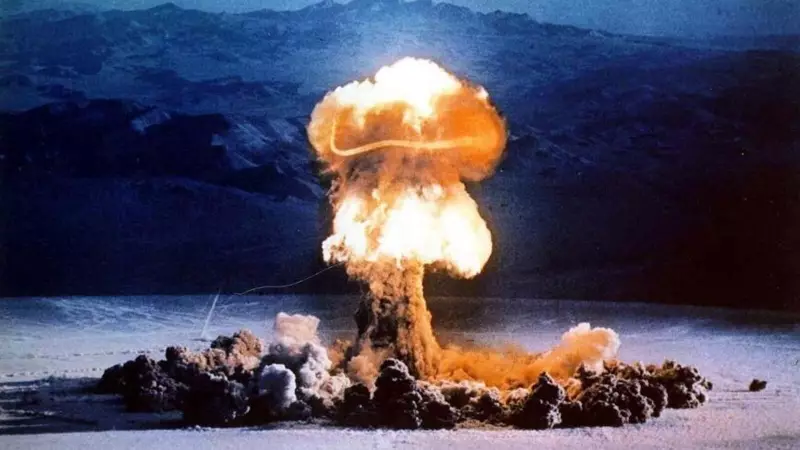
India's longstanding No-First-Use (NFU) nuclear policy, once considered a cornerstone of the nation's strategic identity, now faces unprecedented scrutiny in an era of global instability. As geopolitical tensions escalate and nuclear-armed neighbors modernize their arsenals, questions emerge about whether this doctrine still serves India's security interests.
The Foundation of India's Nuclear Restraint
Established after India's 1998 nuclear tests, the NFU policy represents a commitment to responsible nuclear stewardship. Unlike more aggressive nuclear postures adopted by other powers, India pledged it would never be the first to use nuclear weapons in a conflict. This position aligned with India's historical advocacy for global nuclear disarmament while maintaining a credible minimum deterrent.
The policy emerged from a strategic calculus that nuclear weapons serve primarily as political instruments rather than battlefield tools. By committing to NFU, India positioned itself as a responsible nuclear power while maintaining the capability to deliver a devastating response if nuclear weapons were used against it.
Mounting Challenges to Nuclear Orthodoxy
Recent geopolitical developments have strained the NFU doctrine's foundations. Several critical factors contribute to growing skepticism:
- Regional Nuclear Dynamics: Pakistan's refusal to adopt a similar no-first-use policy and China's nuclear expansion create complex security challenges
- Technological Warfare: The emergence of hypersonic weapons and advanced missile defense systems potentially undermines second-strike capabilities
- Multi-front Threats: The possibility of simultaneous conflicts with nuclear-armed adversaries tests the doctrine's practical applicability
- Strategic Ambiguity: Some analysts argue that maintaining uncertainty about nuclear response provides stronger deterrence
The Strategic Debate Intensifies
Defense experts remain divided on NFU's continued relevance. Proponents argue the policy enhances India's global standing as a responsible power and prevents nuclear arms races. They maintain that abandoning NFU would undermine India's moral leadership and potentially trigger regional nuclear escalation.
Conversely, critics contend that NFU unnecessarily constrains India's strategic options in a rapidly evolving threat environment. They argue that the policy provides potential adversaries with operational advantages and may weaken deterrence credibility during crises.
Global Context and Future Trajectory
The international nuclear landscape has deteriorated significantly since India first articulated its NFU policy. The collapse of arms control agreements between major powers, nuclear modernization programs worldwide, and emerging technologies have created a more volatile strategic environment.
As India continues its ascent as a global power, the nuclear doctrine review represents more than just military policy—it reflects the nation's evolving strategic calculus and its approach to managing complex security challenges. The ongoing debate underscores the delicate balance between maintaining strategic stability and preserving national security interests in an increasingly dangerous world.
Ultimately, India faces a critical decision: maintain its commitment to nuclear restraint or adapt its doctrine to address contemporary threats. This choice will significantly influence not only regional security dynamics but also India's position in the global nuclear order.






